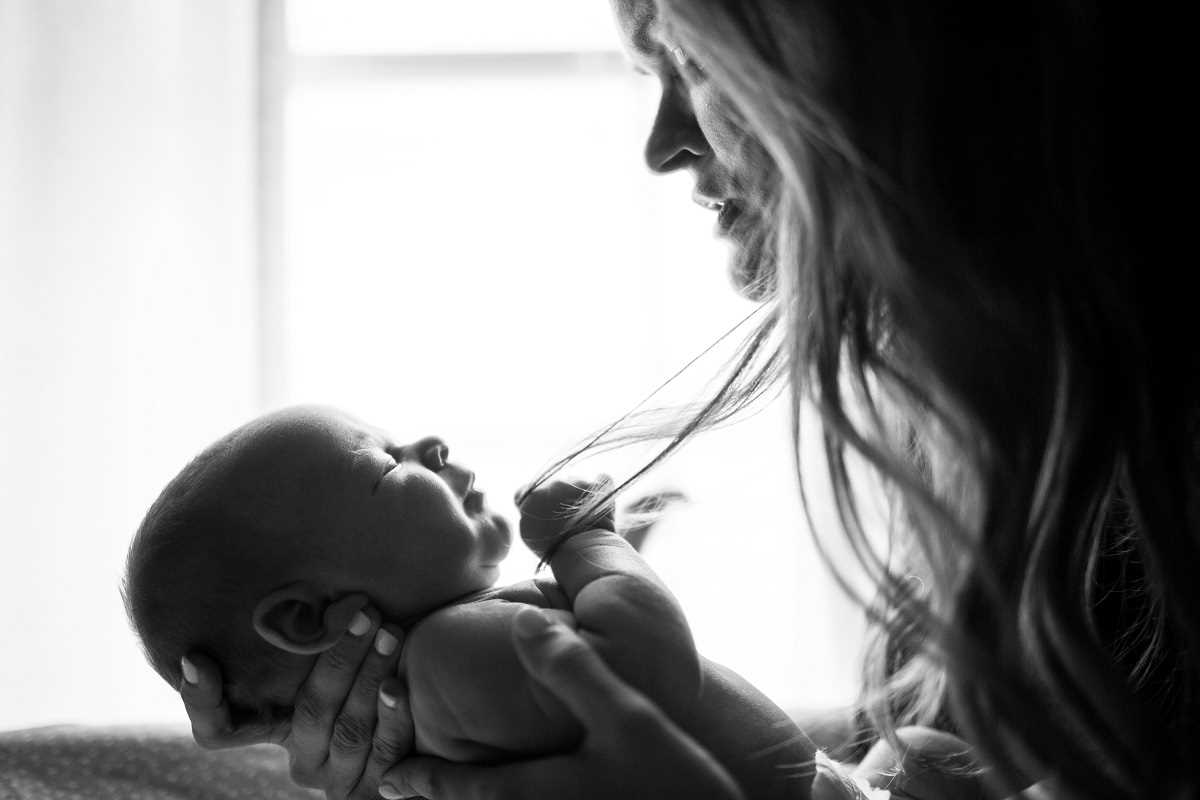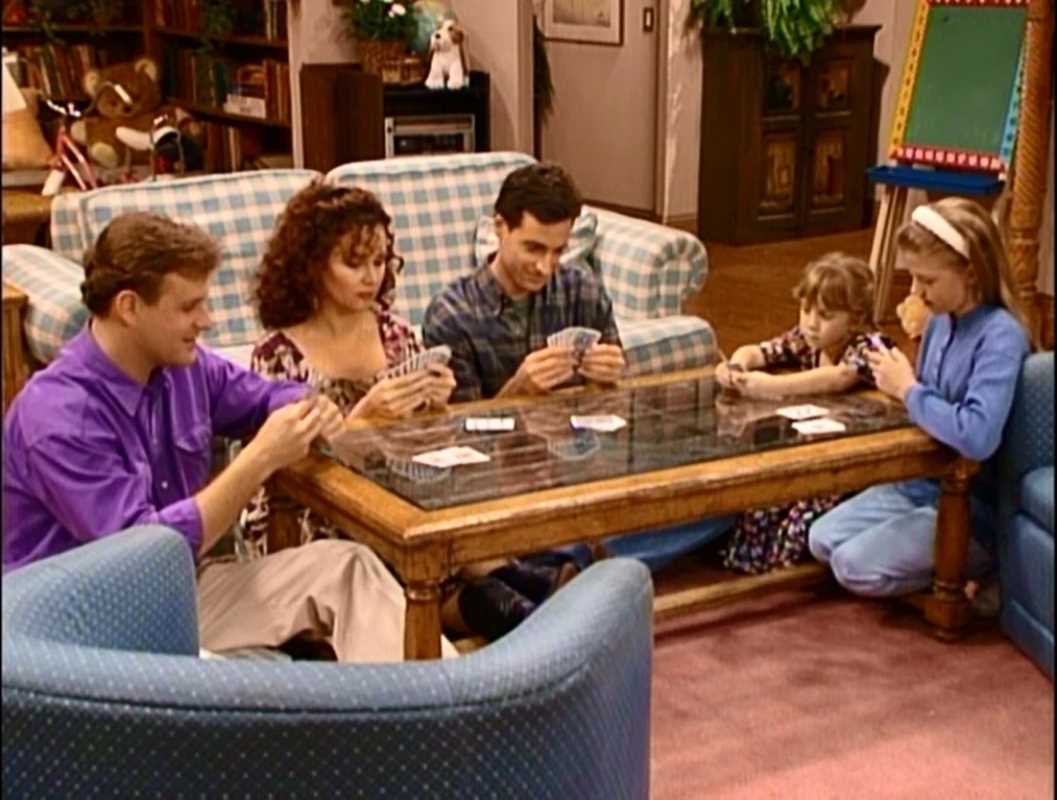Bringing a baby into the world is often called one of the happiest times of a person’s life, but it’s not quite that simple for many new moms. Postpartum depression (PPD) can come as an unwelcome surprise, filling what’s “supposed to be” a joyful time with overwhelming sadness, exhaustion, and a sense of isolation.
If you know someone who's struggling after having a baby, you might feel helpless or unsure about how to support them. The good news? There are ways to help. With understanding, patience, and small acts of kindness, you can make a huge difference in their recovery.
Here’s what you need to know about postpartum depression, its symptoms, and how to support someone experiencing it.
What Is Postpartum Depression?
Postpartum depression is more than just the “baby blues.” While it’s normal for new moms to feel emotional or overwhelmed after giving birth, these feelings usually go away within a couple of weeks. PPD, on the other hand, is a more intense and long-lasting condition. It’s a type of depression that affects some women after childbirth, making it hard to enjoy life, bond with their baby, or feel okay in general.
PPD doesn’t have just one cause. Hormonal changes after giving birth play a big role—levels of estrogen and progesterone drop sharply, which can affect mood. On top of that, sleep deprivation, physical recovery from childbirth, and the emotional adjustment to being a new mom can all pile up, making things even harder.
It’s important to remember that PPD isn’t a reflection of someone’s abilities as a parent or their love for their baby. It’s a real medical condition—and it’s not their fault.
Common Symptoms of PPD
PPD can look different for everyone, but some common symptoms include:
- Feeling sad, hopeless, or overwhelmed most of the time
- Difficulty bonding with the baby
- Lack of energy or feeling exhausted even after resting
- Loss of interest in things that used to bring joy
- Changes in sleep patterns (like sleeping too much or not being able to sleep at all)
- Difficulty concentrating or making decisions
- Intense guilt or feeling like a failure as a mom
- Thoughts of self-harm or harming the baby (in extreme cases, though rare)
If you notice these symptoms in someone you care about, don’t panic. Instead, approach them with kindness and a willingness to help.
How to Help Someone with Postpartum Depression
If you’re not sure how to make things better for a mom dealing with PPD, you’re not alone. Most people feel unprepared when faced with something like this. But your support can make a bigger impact than you think.
1. Be a Good Listener
Sometimes, the best thing you can do is simply listen. If they want to open up about how they’re feeling, encourage them to talk without offering advice right away. They might not need a solution or pep talk—they just need to know someone is there to hear them.
Avoid saying things like, “At least the baby is healthy” or “You should be happier about this.” These well-meaning comments can make them feel worse, as if their emotions aren’t valid. Instead, say something like, “I’m here for you” or “That sounds really hard. How can I help?”
Your role as a listener is to show empathy, not judgment.
2. Offer Practical Help
PPD can make even basic tasks feel impossible. One of the best ways to help is to step in with practical support. Offer to:
- Cook meals or bring over takeout
- Help with cleaning or laundry
- Watch the baby while they nap or shower
- Go grocery shopping or run errands
Instead of saying, “Let me know if you need anything,” be specific. For example, “Can I come by Tuesday to do the dishes or take the baby for a walk so you can rest?” This makes it easier for them to accept help without feeling like they’re burdening you.
3. Encourage Professional Support
Sometimes, PPD requires professional help, like therapy, medication, or both. If they haven’t already talked to a doctor, gently encourage them to do so. You could say, “Have you thought about talking to someone about how you’re feeling? Therapy can really help.”
Offer to help them find resources, look up therapists, or even drive them to an appointment if they’re comfortable with that. Knowing they’re not alone in taking this step can make it less intimidating.
4. Be Patient and Understanding
Recovery from PPD takes time, and there will be good days and bad days. It’s important to be patient as they work through it and not expect them to “snap out of it.” Pushing them to feel better faster or to “focus on the positives” isn’t helpful and might make them feel worse.
Instead, remind them that it’s okay to feel how they feel and that you’ll be there for the ups and downs. Showing them unconditional support is one of the most powerful things you can do.
5. Educate Yourself
The more you understand about PPD, the better you’ll be able to help. Take some time to read up on it (like you’re doing now!). Learn about the symptoms, treatments, and how it affects new moms. Knowing what they’re going through can help you approach the situation with more empathy and less frustration.
What Not to Do
While your intentions might be good, some actions can unintentionally make things worse. Avoid:
- Dismissing their feelings or telling them to “cheer up.”
- Comparing their experience to other moms who seemed fine after giving birth.
- Pressuring them to spend more time with their baby if they’re struggling to bond.
- Treating them like they’re broken or fragile—what they need is support, not pity.
Postpartum depression can be an incredibly isolating and overwhelming experience, but the support of friends and family can make all the difference. By listening, helping with daily tasks, and encouraging professional help, you can show the new mom in your life that she’s not alone—and that it’s okay to not be okay.
Remember, PPD doesn’t last forever. With empathy, patience, and the right support system, she can work through this challenging time and come out stronger. Sometimes, the most important thing you can do is simply show up, ready to help in any way you can.
It’s not about having all the answers—it’s about being there. And that, in itself, means so much more than you might realize.






.jpg)
.jpg)